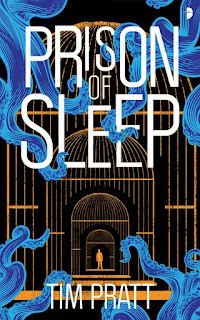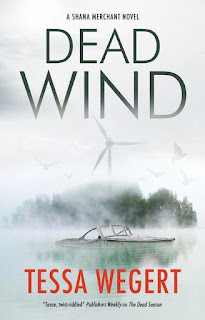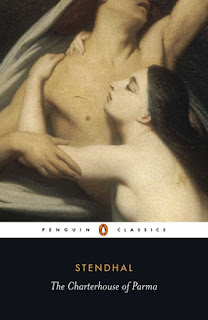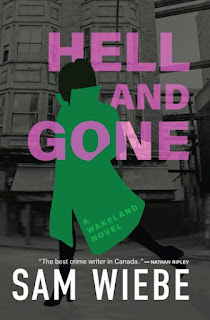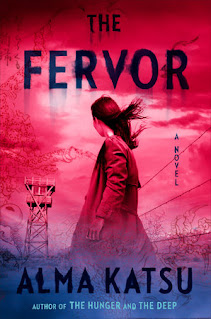 Alma Katsu is the award-winning author of seven novels. Her latest is The Fervor, a reimagining of the Japanese internment that Booklist called “a stunning triumph” (starred) and Library Journal called “a must read for all, not just genre fans” (starred). Red Widow, her first espionage novel, is a nominee for the Thriller Writers Award for best novel, was a New York Times Editors Choice, and is in pre-production for a TV series.
Alma Katsu is the award-winning author of seven novels. Her latest is The Fervor, a reimagining of the Japanese internment that Booklist called “a stunning triumph” (starred) and Library Journal called “a must read for all, not just genre fans” (starred). Red Widow, her first espionage novel, is a nominee for the Thriller Writers Award for best novel, was a New York Times Editors Choice, and is in pre-production for a TV series.
Recently I asked Katsu about what she was reading. Her reply:
I had the opportunity to do an early read of a number of horror novels coming out in a few months. For those who are unaware, horror has been having a moment for the past couple years: bookstores are bringing back horror sections and filling it with more than Stephen King and Dean Koontz. Publishers are launchingVisit Alma Katsu's website.new horror imprints. It’s become a big tent, with more psychological suspense and speculative fiction being shelved alongside traditional horror.
The Pallbearers Club by Paul Tremblay. Paul Tremblay is a case in point. His work tends to ask big existential questions in unexpected ways, and The Pallbearers Club is no exception. While appearing simple on the surface (and eminently readable), it’s so complex that it ends up being hard to explain. On one level, it’s about a strange friendship that develops between two people, an awkward teenager growing up in a small Massachusetts town and a cool stranger who happens to take pictures of corpses. But as the story develops, you begin to askyourself what’s really going on here? Is it a memoir disguised as a novel or is it something else? Is it a new kind of vampire story? Is it supernatural at all? It’s a damned amazing piece of storytelling and should be on your radar when it comes out July 5th.
Sundial by Catriona Ward. If the author’s name is familiar, it’s probably because she wrote one of the breakout books of 2021, The Last House on Needless Street. Ward has brought her flat-out amazing voice and storytelling ability to Sundial, the story of the most messed up family ever. Is it psychological suspense or horror? It doesn’t matter: it’s a thriller of the highest caliber. Ward is a wizard withunreliable narrators and implausible plots. She makes the impossible seem real, and her narrative sleight of hand is so good that you’ll never even consider that it’s a trick, let alone figure out how she does it. Out now.
The Devil Takes You Home by Gabino Iglesias. An extraordinary piece of writing. Violent, yes, but that violence is integral to the story. It’s a meditation on the inescapable violence that runs through many peoples’ lives. But the author manages something that’s almost impossible to do these days: he’s come up with a unique horror element. Out August 2.The Ghost That Ate Us by Daniel Kraus. I haven’t finished it yet, but I’m already so impressed by this novel. You may remember Kraus as the talented author of Rotters. The Ghost That Ate Us is a novel that reads like true crime. True crime meets horror meets social commentary. Smart, so well done, and even with the poltergeist smack in the center of the story, Kraus’ sleight of hand tricks you into believing, over and over, that it’s non-fiction. Out July 12.
Q&A with Alma Katsu.
The Page 69 Test: The Fervor.
--Marshal Zeringue




